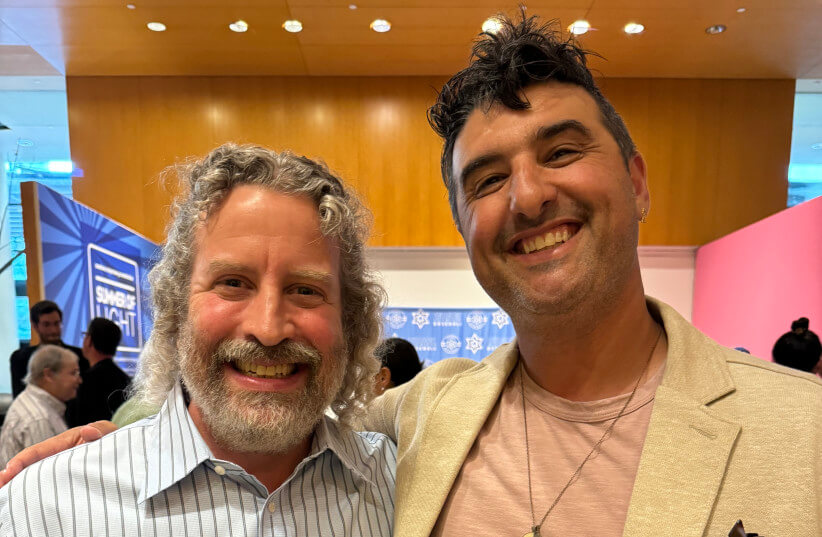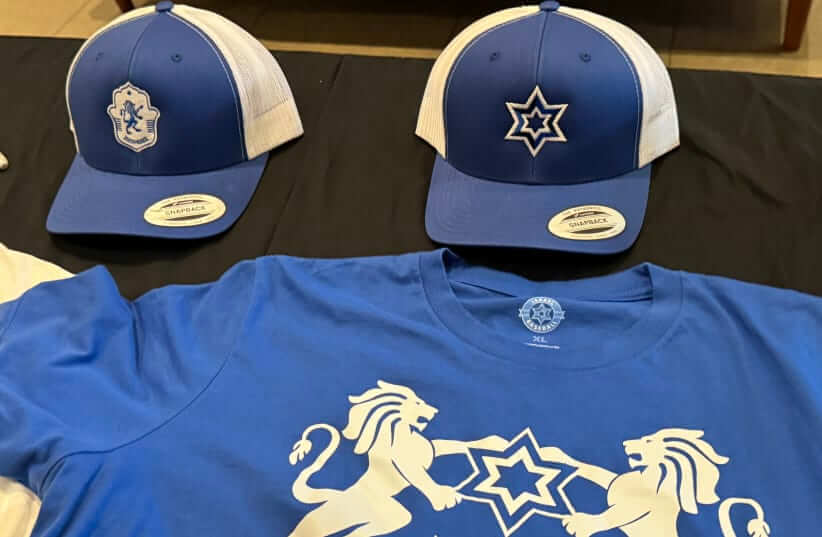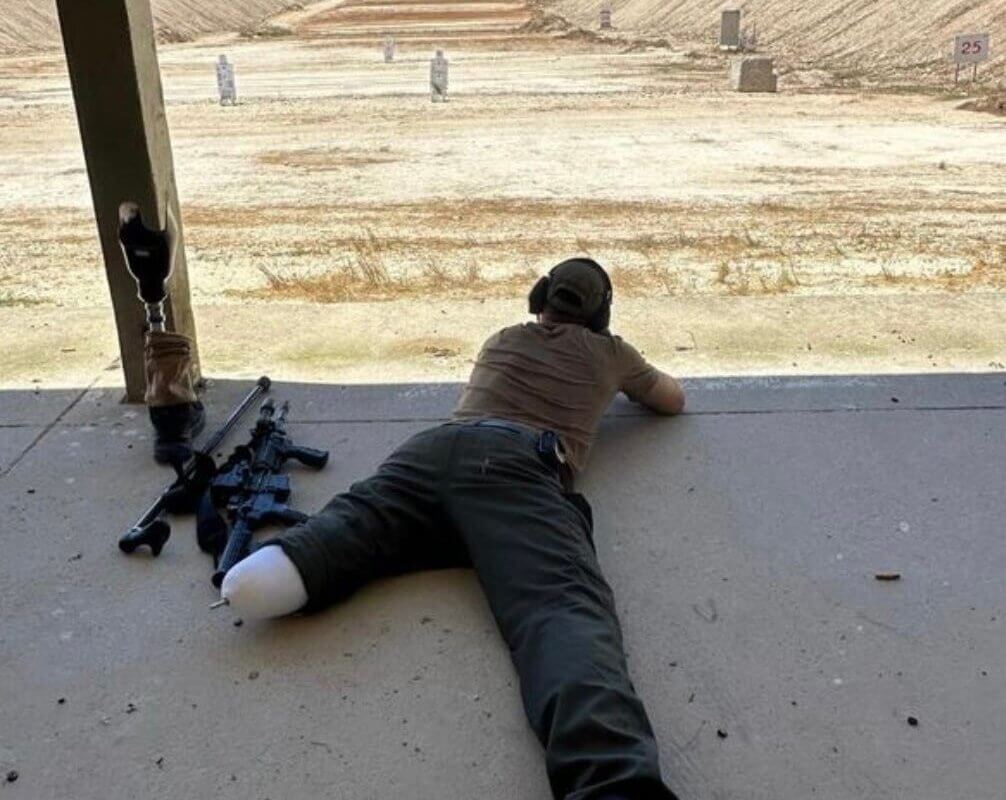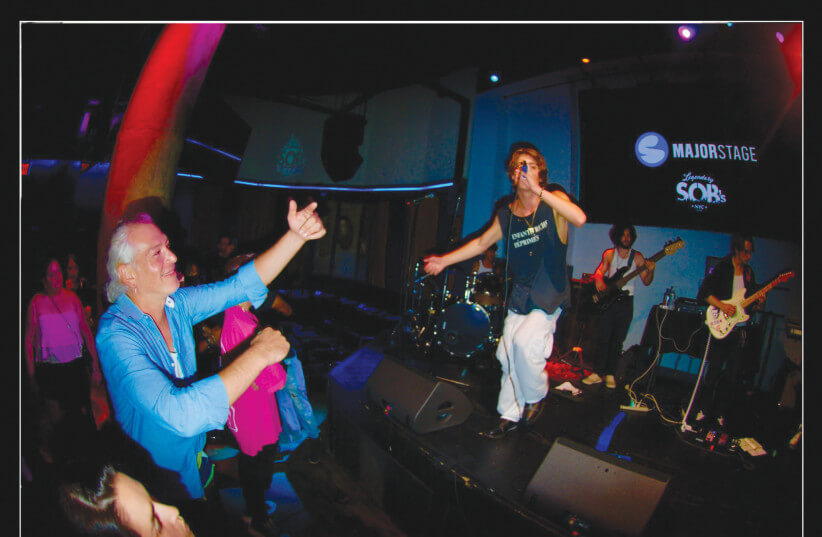The original article is published at JPost.com
EyeControl improves clinical outcomes, prevent cognitive decline, and enhance the patient and family experience.“We are honoured to be able to support every patient – but especially our soldiers.”
When Yoav Tzivoni, a combat soldier seriously wounded in the northern Gaza Strip, awoke after six months in the intensive care unit of the Samson Assuta Ashdod University Hospital, he shockingly asked the nurse for his favorite heavy metal music.
“I was shaking from excitement when the nurse texted and said Yoav is asking for his music!” recounts Michal Finkelstein, product specialist, and speech and language pathologist by training, in charge of customer relations and success at the Israeli company EyeControl.
“What? Is he awake?” Finkelstein wondered, saying that she was “shaking from excitement.”
Tzivoni and his fellow wounded ICU soldiers are benefiting from a recently discovered additional and potentially internationally game-changing use of EyeControl, a wearable device that enables patients – including those on ventilators – to communicate with medical staff and family members via eye gestures and a bone conduction headset, to hear the recorded messages of loved ones – and to listen to one’s favorite music.
EyeControl helps improve clinical outcomes, prevent cognitive decline, and enhance the patient and family experience. It is currently being tested in prestigious university hospitals in and out of Israel to see if it reduces delirium in ICU patients.
DR. AMI MAYO, ICU director at Assuta Ashdod. (credit: ILAN ASSAYAG)
Tzivoni is one of the lucky ones. Following months in the hospital and extensive rehabilitation, he is living with his girlfriend in Tel Aviv, attending twice-weekly outpatient therapies and he successfully petitioned the army for permission to rejoin his elite combat unit (as a volunteer) – he is now in charge of logistics.
Fellow soldier Tzvika Lavi, 30, was not as lucky. The religiously observant father of three young girls from Eli died on December 12 after sustaining extensive wounds on November 20, 2023. While Lavi was in the hospital, Finkelstein said his family treasured the opportunity to communicate with their husband and father via the EyeControl device.
“When his wife, an occupational therapist, learned about the device, she said, ‘Yalla, let’s go!’ She and the girls had already recorded messages to go on to the device. His wife told me that Tzvika was very religious. She told me it calmed her down to know that, even on Shabbat, he could listen to her voice and the voice of his kids and parents. I almost started to cry…”
Success using EyeControl on patients
Dr. Ami Mayo, director of critical care at Assuta Ashdod’s ICU, is pleased with the success they are observing in the use of EyeControl with patients in the ICU. Mayo explains some of the issues and complexities in caring for patients in the ICU. While the team is able to monitor such vital areas as blood pressure, oxygen levels, and heart rate, he notes that monitoring cognition and awakening of the patient are more difficult.
“In critical care, we have obstacles in communicating with patients.” He points out that it is therefore difficult to monitor sedation, which sometimes leads to over-sedation.
“Sedated patients in the ICU are in a state of artificial sleep, not good sleep.” Mayo explains that the brain then proceeds to “invent all kinds of stories and fables to fill in the gaps, which can lead to nightmares, PTSD, and delirium, a state of confusion a patient may experience when waking.” When this happens, they may even begin to remove critical tubes and monitoring devices.Mayo explains some potential benefits of EyeControl.
“When I play familiar sounds to sedated patients, it provides their brains with raw material to fill in the gaps and reduces the bad side effects.”
In addition, observing patient responses to “playing music, hearing hello and goodbye messages and beloved voices tells us if it is too much sedation- – and we can control the dose.”
Mayo notes that “by sending messages – even to a patient who is sedated – some penetrate. We see that many soldiers who were connected [to the device] really remember voices and their beloved music.”Mayo is hopeful that the use of EyeControl for ICU patients will continue to expand globally as disorientation and inability to communicate can lead to delirium and post-ICU post-traumatic stress disorder. “My hope is that every patient in the ICU will get this device.”
But, had it not been for a meeting with EyeControl co-founder Or Retzkin, the device may have never expanded beyond its intended use as a communication device for patients with amyotrophic lateral sclerosis (ALS), a nervous system disease that affects nerve cells in the brain and spinal cord. ALS causes loss of muscle control and progressive degeneration of nerve cells in the spinal cord and brain and leads to trouble breathing. “When Or told me about the ALS project, we thought together and realized it could be applied to all patients in the critical care unit.”
The EyeControl website reports that the company “was established by co-founders who all have personal connections to locked-in individuals,” referring to people who have locked-in syndrome (LIS), a rare and serious neurological disorder that happens when the brain stem is damaged, and they have total paralysis, yet are still conscious and possess normal cognitive abilities.” People with the syndrome can communicate with eye movements.
Retzkin, 38, the company’s co-founder and CEO, joined together with Itai Kornberg, CTO, and Shai Rishon, an ALS patient who died in 2018 at the age of 52. While EyeControl was useful in patients with ALS, Retzkin says “ALS was too small as a business.” After his meetings and subsequent collaboration with medical teams like those of Dr. Mayo, supporting soldiers and others, in intensive care units, he notes playfully and proudly, “Now, people don’t remember us as an ALS device!”
Interest in EyeControl’s potential has taken off in Israel and around the world. Retzkin reports that, with the support of the Israel-US Binational Industrial Research and Development fund (BIRD), EyeControl is currently participating in a multi-center clinical trial at Beth Israel Deaconess Medical Center in Boston as well as at Assuta and Rabin Medical Center-Beilinson Campus in Petah Tikva, together with another clinical trial, funded by an NIH AI program, which will soon take place at Johns Hopkins University in Baltimore, Maryland.
The company is aiming to demonstrate the reduction of the phenomena of ICU delirium, which is considered to be very costly.
Recent investors include the European Bank through their European Council Fund and Google’s AI Fund. EyeControl is currently operating mainly in Israel under Clalit, the country’s largest health fund, and is in the implementation process of additional selected sites in the US. Noa Mintz, clinical & business development – US, speaks about the success she is already seeing in the US.
A rare health-tech solution
“It’s rare that a health-tech solution is of value to virtually all stakeholders in the US healthcare system. We’ve been overwhelmed by the positive response we’ve received across the board – from hospital executives to bedside nurses. They recognize that EyeControl-Med is not just improving their care workflows; it is transforming the dynamic between clinicians, patients, and their loved ones. EyeControl provides a very tangible and profound opportunity for families to take an active and meaningful role in patient care. We’re operationalizing these human-centered, compassionate interventions that healthcare providers wholeheartedly believe in, but don’t always have the infrastructure and resources to facilitate. I think that at EyeControl we have really cracked that code and are catalyzing a person-centered approach even in the ICU and under the most life-threatening situations.”
Connecting between soldiers and their families
Even with EyeControl’s growth and evolution, they have not lost sight of the true purpose – to help patients and their families. Finkelstein, the product specialist, admits, “I generally don’t connect with families, but because it was warriors and soldiers, it became something else. I feel privileged to meet soldiers and their families and really connect.”
She will never forget the day wounded soldier Yoav Tzivoni asked for heavy metal music, and when the head nurse asked her to bring four of the devices “ASAP.”
Yedida Tzivoni, mother of the severely wounded soldier, will never forget the moment Dr. Mayo approached her for permission to use the EyeControl device.
“We recorded brachot [blessings] and songs he loved. It was very emotional to hear that after three weeks, he remembered listening to the music we recorded.” She made sure this reporter was sitting down when she said that EyeControl and the care he received at Assuta had led him to the point of returning to currently joining his elite combat unit for voluntary reserve duty. As a result, Tzivoni was unavailable for comment.
While CEO Retzkin expected the results the team has observed in terms of patient outcomes, he concedes, “We didn’t expect to see how huge the benefits would be to the families and for our clinical teams who are also part of the healing process.”
Retzkin concludes, “We are honored to be able to support every patient – but especially our soldiers. We are especially honored to help keep the memory of Tzvika Lavi alive through our taking in Itzhar Shay’s Next October Initiative. The initiative, proposed by Shay, an entrepreneur and former minister of science and technology who lost his own son on October 7, aims to establish a new tech start-up for each fallen soldier and civilian victim of October 7. Companies participating commit to ‘doing good’ as a core value.”






